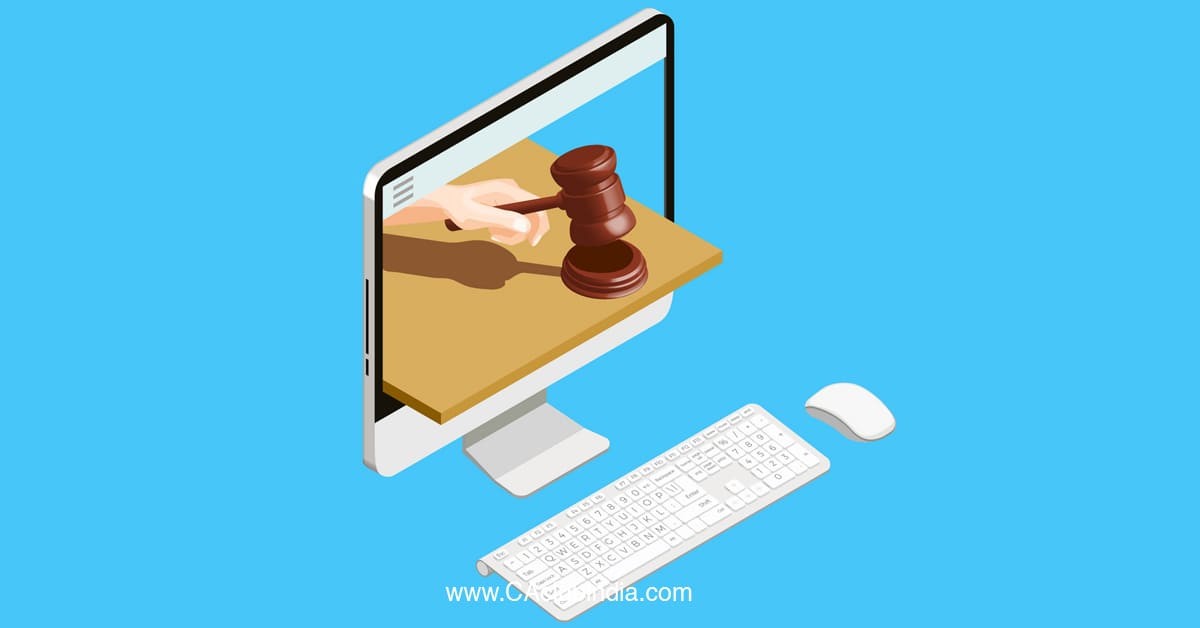In a significant development, a Delhi court has recently granted bail to a Chartered Accountant who is among the four principal accused individuals in a high-profile money laundering case amounting to Rs 20,000 crore, with alleged links to the Chinese phone maker Vivo.
The court's decision to grant bail was based on the evaluation of the prima facie evidence presented before it. According to the court, there were no allegations against the Chartered Accountant that suggested he engaged in activities beyond the scope of his profession. Specifically, the court highlighted that the accused did not appear to be involved in actions unrelated to Chartered Accountancy.

The court's rationale for granting bail also emphasized that the stage of bail should not be transformed into a mini-trial. It reiterated the legal principle that bail is not equivalent to determining guilt or innocence but is instead a procedural provision aimed at balancing the interests of justice. The court emphasized that the presumption of innocence prevails until proven guilty in a court of law.
This decision raises questions about the nature of the allegations against the Chartered Accountant and the intricacies of the case. Legal experts anticipate that the trial process will provide a more comprehensive understanding of the alleged money laundering activities and the accused individual's role in connection with the Chinese phone maker Vivo.
As the case continues to unfold, it will be closely monitored for any additional developments, legal arguments, or revelations that may shed light on the intricate details of the alleged financial irregularities and the involvement of the accused in the high-stakes money laundering case. The legal proceedings are likely to play a crucial role in determining the ultimate outcome of the case and the potential implications for all parties involved.





 CAclubindia
CAclubindia

